On the morning of April 17, in Hanoi , the Government's Steering Committee for Administrative Reform announced the Administrative Reform Index (PAR INDEX) and the People's Satisfaction Index with Administrative Services (SIPAS) in 2023.
| PAR INDEX 2022: State Bank leads the rankings for the 7th time Administrative Reform: Resilience from two breakthrough focuses |
This is the 12th consecutive year that the Ministry of Home Affairs has coordinated with ministries, branches, localities and relevant agencies to determine and publish the PAR INDEX of ministries, provinces and cities nationwide; the second year of implementing the Project "Determining the Administrative Reform Index of ministries, ministerial-level agencies, People's Committees of provinces and centrally run cities" for the period 2022 - 2030 issued in Decision No. 876/QD-BNV dated November 10, 2022.
SBV leads many indexes
According to the 2023 Administrative Reform Index ranking results, the Ministry of Justice achieved the highest with a PAR INDEX value of 89.95%, 11.92% higher than the Ministry of Industry and Trade, the unit with the lowest PAR INDEX result in 2023, with a value of 78.03% (This gap in 2022 was 19.12%). The State Bank of Vietnam ranked 2nd with a PAR INDEX value of 89.89%.
Specific analysis of 07 component indexes of 17 ministries and branches shows that the component index "Administrative reform direction and administration" has an increased value compared to 2022 with a value of 3.01% (from 91.88% in 2022 to 94.90% in 2023). In 2023, 9/17 ministries achieved a component index of over 95%. The State Bank of Vietnam is one of 4 ministries achieving the maximum score in the criterion "Results of performing assigned tasks". Besides, there are the Ministry of Justice, the Ministry of Science and Technology; the Ministry of Labor - Invalids and Social Affairs.
Specific analysis of the Component Index "Administrative reform direction and management" shows that all 17/17 ministries achieved scores in all 7 criteria of this Component Index. The State Bank of Vietnam is one of 4 units achieving 100% score in the Criterion "Results of performing assigned tasks", along with the ministries: Ministry of Justice, Ministry of Science and Technology and Ministry of Labor - Invalids and Social Affairs (in 2022, only the State Bank of Vietnam achieved the maximum score in this criterion). This is also one of the reasons why in 2023, the Component Index "Administrative reform direction and management" has a higher average value compared to 2022.
The average value of the "Administrative procedure reform" component index is 82.14%, down 6.90% compared to 2022 (the average value in 2022 is 89.04%). In 2023, many ministries and agencies did not achieve the maximum score in the criteria such as: "Control of administrative procedure regulations"; "Public announcement and disclosure of administrative procedures and results of handling records" and "Results of handling administrative procedure records". There are 6/17 ministries with Component Index results below 70%. Meanwhile, only 02 units have Component Index above 90%, which are the State Bank of Vietnam and the Ministry of Agriculture and Rural Development.
Although many ministries have continued to issue decisions to announce groups of interconnected administrative procedures within their scope and management areas, facilitating local implementation; however, the results are not uniform among all ministries. Any ministry or agency that pays attention and invests adequate resources in administrative procedure control tasks will achieve positive results. The State Bank of Vietnam and the Ministry of Agriculture and Rural Development are the two leading units in the "Administrative Procedure Reform" Component Index with values of 97% and 94.87%, respectively. At the same time, these are also the two units with Component Indexes above 90%.
Administrative reform is a continuous and persistent process.
The State Bank's speech at the conference announcing the PAR INDEX 2023 showed that 2023 is a year when the Vietnamese economy in general and the banking industry in particular will have to face many difficulties and challenges with many rapid, complex, unpredictable and unprecedented fluctuations. In accordance with the direction of the Government and the Prime Minister on administrative reform, with the position of an important economic and financial sector, the lifeblood of the economy, the State Bank focuses resources on promoting institutional reform, perfecting the legal framework for banking activities, ensuring consistency, consistency and conformity with international practices, improving the effectiveness and efficiency of state management, along with organizing the implementation of a comprehensive digital transformation program on the basis of applying the extremely important achievements of Project 06; Create a stable, favorable, healthy and fair investment and business environment for credit institutions, promote innovation, improve access to and absorption of capital for businesses and people to overcome difficulties.
Identifying institutional reform as one of the pillars of administrative reform activities, from the beginning of 2023, the Governor of the State Bank has directed the entire system to focus on completing institutional work with the highest responsibility, including carrying out major tasks such as building, completing, and revising the draft Law on Credit Institutions (approved by the National Assembly at the 5th Extraordinary Session of the 15th National Assembly on January 18, 2024). The promulgation of the revised Law on Credit Institutions has created a legal corridor, strengthened administrative reform, and reformed administrative procedures, specifically (i) Supplementing the regulation on consolidating the License for Establishment and Operation of Credit Institutions and the Certificate of Business Registration. This consolidation regulation is a breakthrough in reducing administrative procedures for enterprises, in line with the Government's general policy, significantly reducing time and costs, creating a more favorable investment environment for enterprises; (ii) Building a legal framework for testing technology applications and deploying new products, services, and business models in banking operations, creating a foundation for applying key technologies of the Fourth Industrial Revolution; (iii) Supplementing many regulations in the direction of reducing procedural processes and diversifying the operations of credit institutions, thereby increasing access to capital and financial services for people and businesses.
At the same time, the State Bank has reduced operating interest rates, lending interest rates and costs to support people and businesses for four consecutive times; created a legal corridor for credit institutions to restructure debt repayment terms, maintain debt groups to support customers in difficulty; removed difficulties for the corporate bond market and real estate market. And by allowing credit institutions to use eKYC electronic identity authentication, "distanceless banking" and "pocket banking" have now become a reality.
With the consistent viewpoint of the service administration system that puts businesses and people at the center, in the spirit of Resolution No. 68/NQ-CP of the Government, the State Bank continues to direct functional units to review regulations related to business activities to propose amendments, supplements, and replacements, facilitating the operations of credit institutions, businesses, and people. On that basis, in 2023, the State Bank has developed and submitted to the Prime Minister for approval a Plan to simplify regulations related to business activities under the management scope of the State Bank (Decision No. 1205/QD-TTg dated October 18, 2023), in which it proposed to simplify 10 administrative procedures in the field of information technology activities. The State Bank has promptly issued 02 Circulars to implement 100% and complete on time the Plan approved by the Prime Minister, and proactively reviewed, reduced, and simplified 49 administrative procedures under the management authority of the State Bank.
The State Bank's efforts and practical reform actions have been recognized and highly appreciated by the Government, business community and people.
In 2024, the economy is forecast to continue to face many difficulties. In that context, to simultaneously complete many tasks such as controlling inflation, contributing to stabilizing the macro economy, increasing credit investment, promoting economic growth... the State Bank continues to promote administrative reform with 3 breakthroughs.
Firstly, focus on perfecting the legal framework for banking activities, ensuring consistency, uniformity and conformity with international practices, improving the effectiveness and efficiency of state management; creating a favorable, healthy and fair investment and business environment for credit institutions, promoting innovation.
Second, build a professional, responsible, dynamic and talented civil service. Implement a healthy, democratic, open and transparent competitive mechanism in appointing, promoting cadres and recruiting civil servants and public employees to attract truly virtuous and talented people to work at the State Bank, build a team of cadres, civil servants and public employees with a reasonable structure, meeting the standards of job titles, positions and competency frameworks as prescribed.
Third, enhance the application of information technology, digital transformation and application of scientific and technological advances at the State Bank. Form an environment and working methods in the banking system based on data and digital technology, meeting the orientation of e-Government towards digital Government, ensuring sustainable development, associated with the development trend of the banking industry in the digital age.
Source link


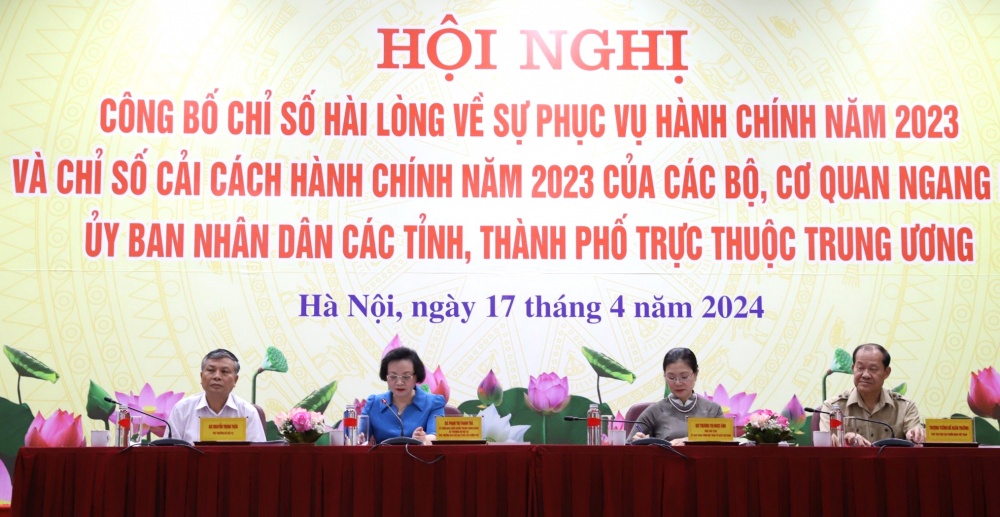
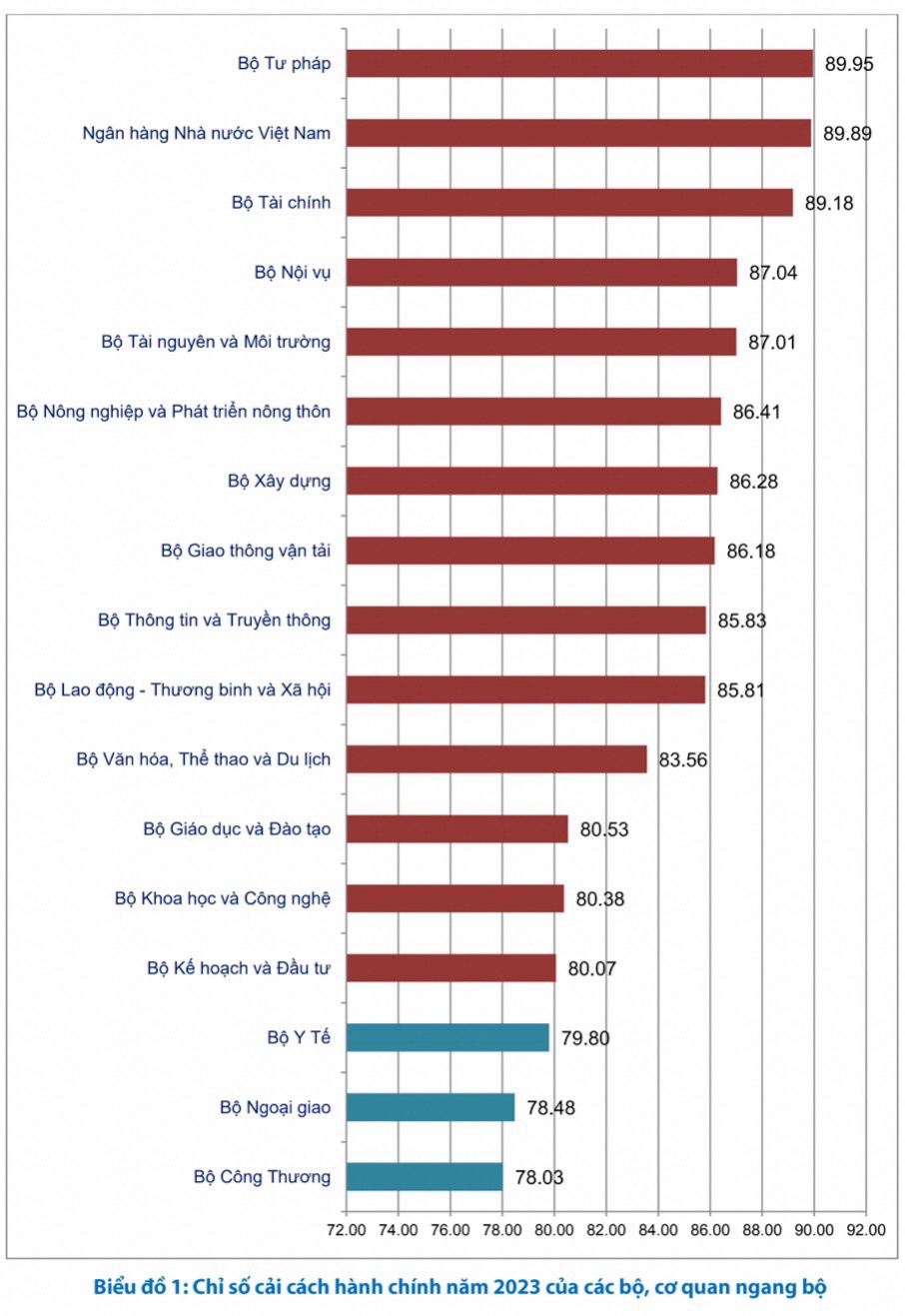
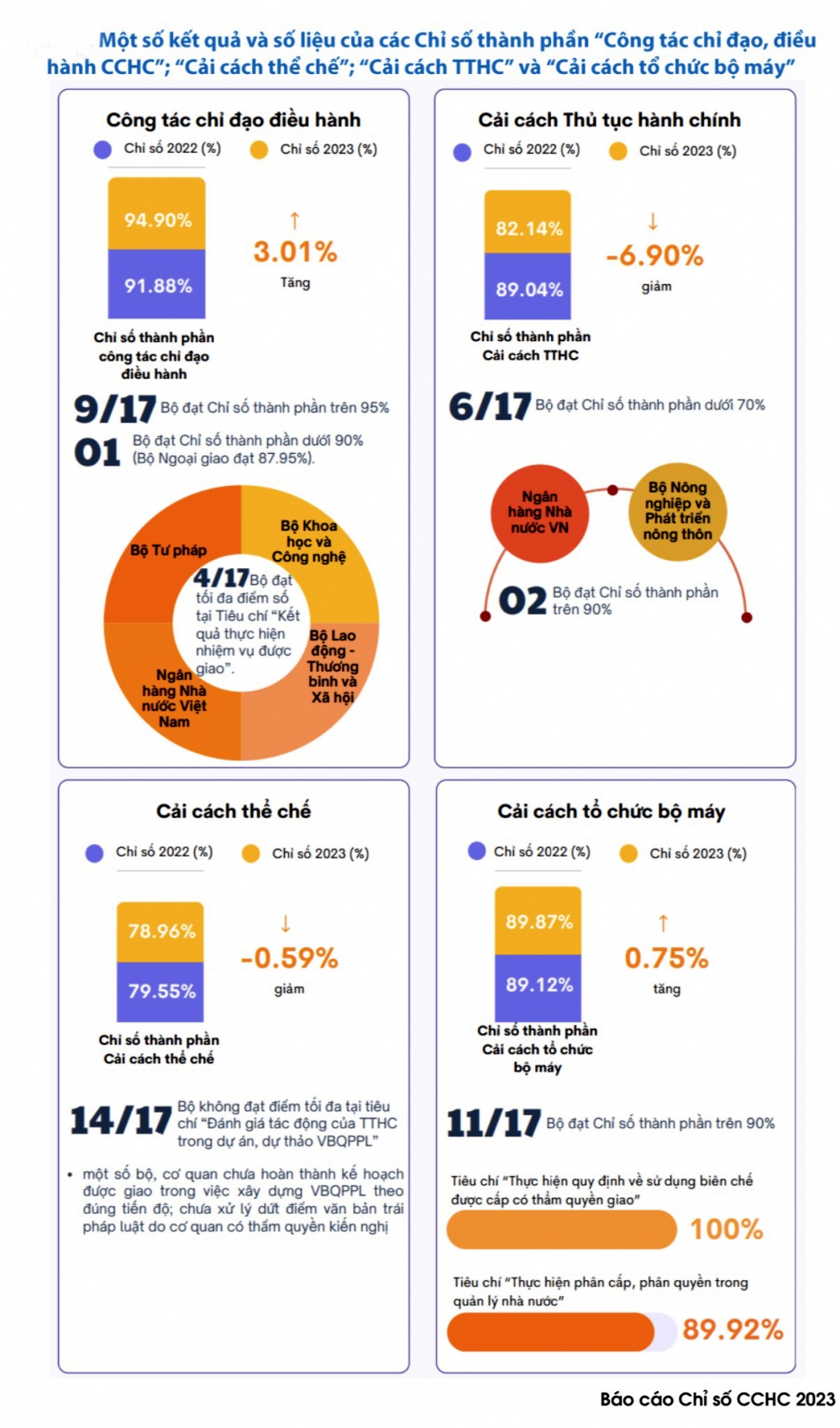
![[Photo] Prime Minister Pham Minh Chinh meets the Vietnamese community in Malaysia](https://vphoto.vietnam.vn/thumb/1200x675/vietnam/resource/IMAGE/2025/5/25/1f11d1256d7745a2a22cc65781f53fdc)
![[Photo] Panorama of the memorial service for former President Tran Duc Luong](https://vphoto.vietnam.vn/thumb/1200x675/vietnam/resource/IMAGE/2025/5/25/d33968481f21434fa9ed0df48b9ecfa9)


































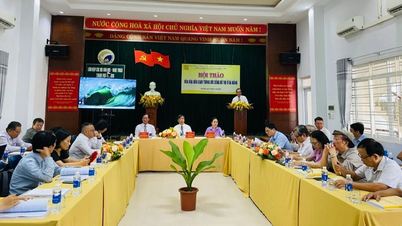

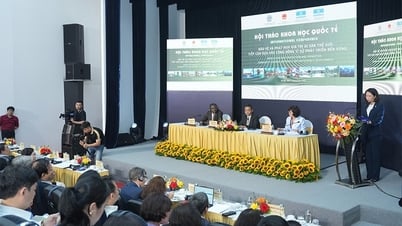


























































Comment (0)